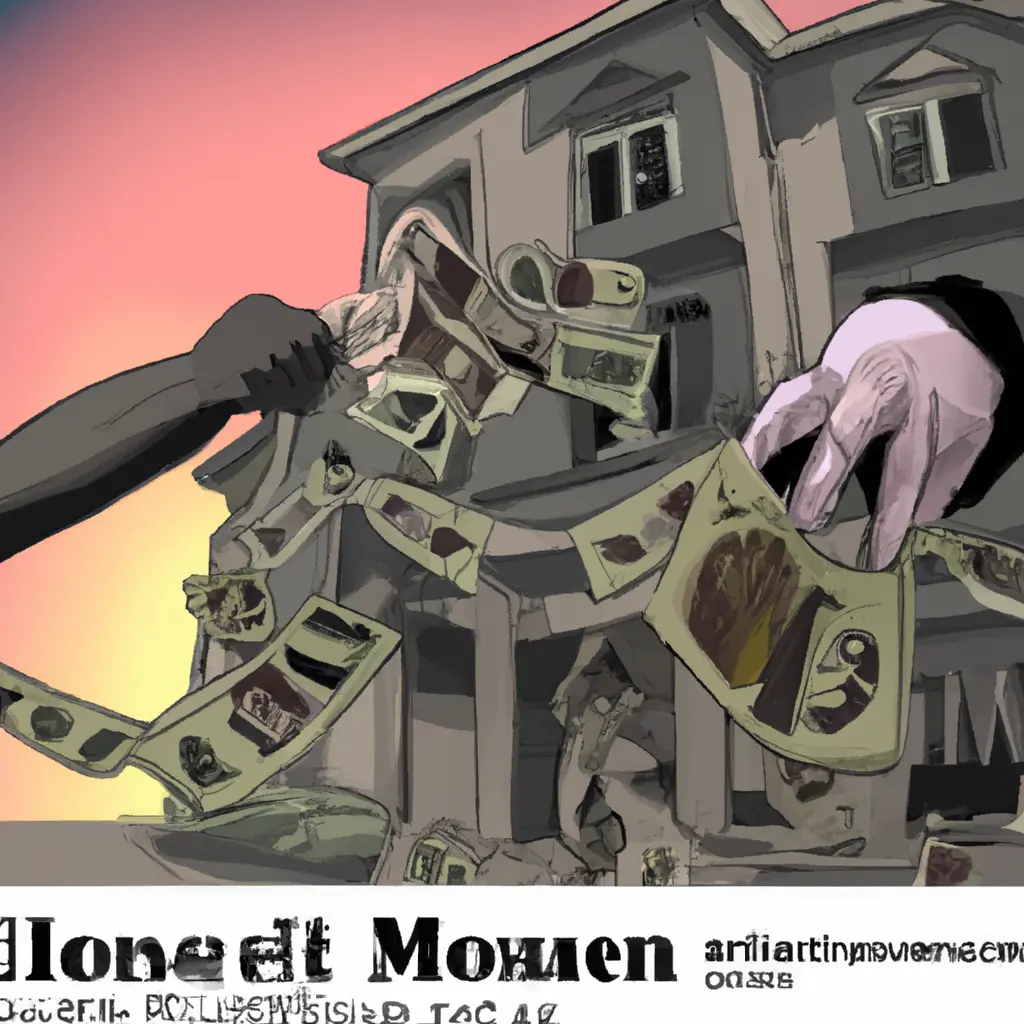Chinese investors are rushing to get rid of overseas real estate holdings of different portfolios

Chinese investors are rushing to sell overseas real estate amid a volatile economic situation. Just after China decided to lift border controls in January, ending three years of zero measures on Covid, Stephen Yao set out on a new mission. Representing more than 200 middle-class families, many of whom live in second-tier cities, the Guangzhou-based real estate agent sought buyers for investment properties his clients had purchased in Southeast Asian countries before the pandemic.
Real estate used to be the most popular investment destination for Chinese wealth accumulation when it promised rapid and stable economic growth. Small apartments and condominiums in Southeast Asia, especially in Thailand, were a popular choice for the Chinese middle class in the late 2010s because of affordability and geographic proximity.
However, with a fragile economic recovery, a prolonged crisis in the domestic real estate market and a decline in home wealth growth, some have faced worsening financial conditions and are forced to cut back on overseas investments.
"If you consider rental yields and currency fluctuations, most of their overseas real estate investments are actually profitable in RMB," Yao said. "But some of them can no longer afford the last payment on their real estate investments and desperately need money to solve their domestic financial problems such as business failures, downsizing and mortgage defaults," he added. "Some no longer have the extra funds to continue holding onto these overseas properties."
General economic uncertainty has led China's middle class to become more conservative and cut back on its high-end purchases, according to a study released Tuesday by Shanghai Jiao Tong University's Shanghai Institute of Finance and financial provider Charles Schwab.
The purchase of luxury properties overseas in the mid-2010s by Chinese businessmen such as Wang Jianglin, chairman of Dalian Wanda Group, also served as a push for the growing middle class to invest in the overseas real estate market. Condominiums in Thailand, Vietnam, Malaysia and Japan have become popular investments. On demand, Chinese developers have begun building properties in Southeast Asia designed specifically for wealthy Chinese looking to invest overseas or start a new life abroad.
But these projects are now at risk of loss.
"Less than 1 percent of the 700,000 planned people live in Forest City township," said Patricia Li, one of a group of middle-class Chinese investors coming to Malaysia to buy property. In 2017, Li invested in two apartments in "Forest City," a project by Chinese real estate giant Country Garden in Johor, Malaysia's southernmost state. "Forest City" is a $100 billion project planned to house up to 700,000 people by 2035.
The tightening of regulations on the liability of real estate developers in China since 2021 has put many developers, especially private ones, in a difficult financial position, such as Evergrande and Country Garden. The prolonged crisis in the real estate market has become a major brake on economic recovery this year. "Country Garden," once considered a standard of quality in Chinese real estate, is now at the center of the crisis, with estimated coupon payments and bond redemptions amounting to about $2.5 billion by the end of the year. A potential default would have consequences for the fragile recovery and undermine market confidence. "Forest City" now resembles a ghost town more than the thriving residential and commercial area it was promised to be, with vacant apartments, roads, and shops, Li said. "I was quite disheartened, as the price of apartments has dropped to 6,000 yuan per square meter now, compared to 18,000 yuan before. If they can't find Chinese buyers, no one else will be interested, neither locals nor buyers from other countries, as the design and features are only suitable for the Chinese community," she said. The change in overseas consumption patterns has also affected the market. Li mentioned that this year some Chinese families flew to Johor and Kuala Lumpur on tourist visas and then switched to student and accompanying visas to attend international schools, where Chinese students make up more than half of all students. "But they tend to rent rather than buy homes, as they did before," she said. The overall investment situation for Chinese households has worsened, according to a quarterly household wealth survey by Southwest University of Finance and Economics in Chengdu. It is reported that the accumulated return on household investments and wealth management has decreased to -0.1%, compared to 0.07% in the first quarter, after returns fell to 1.8% in 2022 from 2.8% in 2021. "In the U.S., despite declining income, the middle class still has strong purchasing power.
14 May 2025
13 May 2025
14 May 2025
13 May 2025
14 May 2025
Comment
Popular Offers

Subscribe to the newsletter from Hatamatata.com!
Subscribe to the newsletter from Hatamatata.com!
I agree to the processing of personal data and confidentiality rules of Hatamatata














